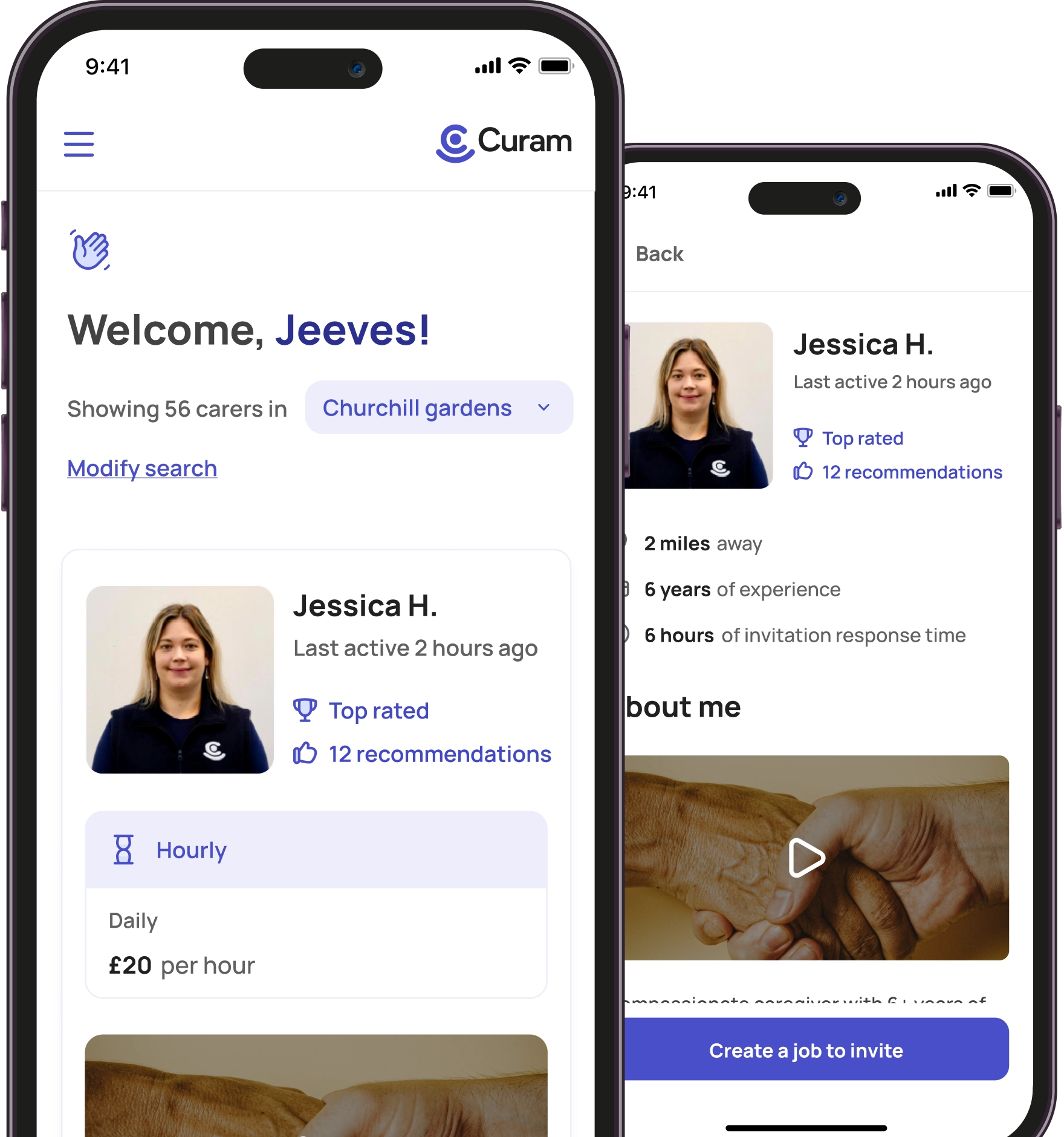Annika Eade
June 09, 2022

Practising mindfulness has a host of health benefits, from relieving depression and anxiety to tackling stress. Find out more about mindfulness and how it can help you.
What is mindfulness?
Mindfulness is a meditation technique that teaches you to stay focussed on the present moment, redirecting awareness from distracting thoughts to your inner state of mind and bodily sensations.
Regular practice can help you rise above the noise of daily life and reconnect with your body. This makes it a powerful tool for reducing stress and improving your overall happiness.
Managing stress with mindfulness
Whilst mindfulness emerged in Buddhist philosophy over 2,500 years ago, today it’s more relevant than ever. In our digital age, it’s becoming increasingly difficult to slow down our minds and reconnect with our bodies - which are both fundamental to managing stress.
With 74% of people in the UK suffering from stress as a result of work, housing or health, developing mindfulness can provide some much-needed peace of mind.
Through practising each day, you can learn to:
-
Acknowledge your thoughts and let them go. By allowing your thoughts to pass without judgement, you will be able to shift your attention back to the present moment.
-
Listen to your body. Being aware of your body can help you recognise muscle tension, the pace of your heartbeat, and the rhythm of your breathing. This can allow you to stay in tune with your physical health.
-
Distance yourself from worries. Mindfulness creates a space for reflection, which can provide perspective on your mental well-being and help you respond to others with calmness and compassion.
Plus, alongside relieving stress, meditation has remarkable effects on the brain. Studies in psychology have demonstrated that 30 minutes of meditation per day can aid sleep, improve memory, increase concentration, and elevate mood. It’s thanks to these cognitive benefits that mindfulness has also proved useful in treating Alzheimer's disease, chronic pain, and depression.
Getting started
-
Are you sitting comfortably? Find a quiet place where you won’t be disturbed and make sure that you’re comfortable. For beginners, it can help to set a timer for five to ten minutes, to prevent you from checking the clock.
-
Lose the tech. To be fully present, it’s important to eliminate distractions, so switch off your phone, laptop or TV. Instead, shift your focus on a nearby object, smell, taste or sound.
-
It’s all about breathing. Focus on the rhythm of your breathing and notice the way each breath moves through your body.
-
Acknowledge distracting thoughts. Meditation isn’t easy and you’ll likely find yourself distracted by passing thoughts. Observe your thoughts without trying to interpret them - take note of your wandering mind and return to your breathing.
-
Regular practice. Like any skill, mindfulness requires regular practice and dedication. Set aside ten minutes to practice every day, whether it's first thing in the morning or moments before bed, and make it a part of your daily routine.
-
Make it a lifestyle. Once you’ve got the hang of it, you can also incorporate mindfulness into daily rituals such as eating, housework or even a walk in the park.
Where you can learn more?
If you'd like to find out more about the benefits of practicing mindfulness, take a look at these organisations for further information:
Oxford Mindfulness Centre
-
Oxford Mindfulness Centre is home to a collection of free mindfulness resources. Their online practices run from 7.00-7.30 pm on weekdays.
Healthline
-
For more tips on living mindfully, visit Healthline for 14 tips.
Mindful
-
Mindful provides a range of reading material and tips on mindfulness, plus courses for beginners.
Headspace
-
Headspace is a subscription service, offering a wide range of guided meditations, sleepsounds, and workouts.
 Back
Back






